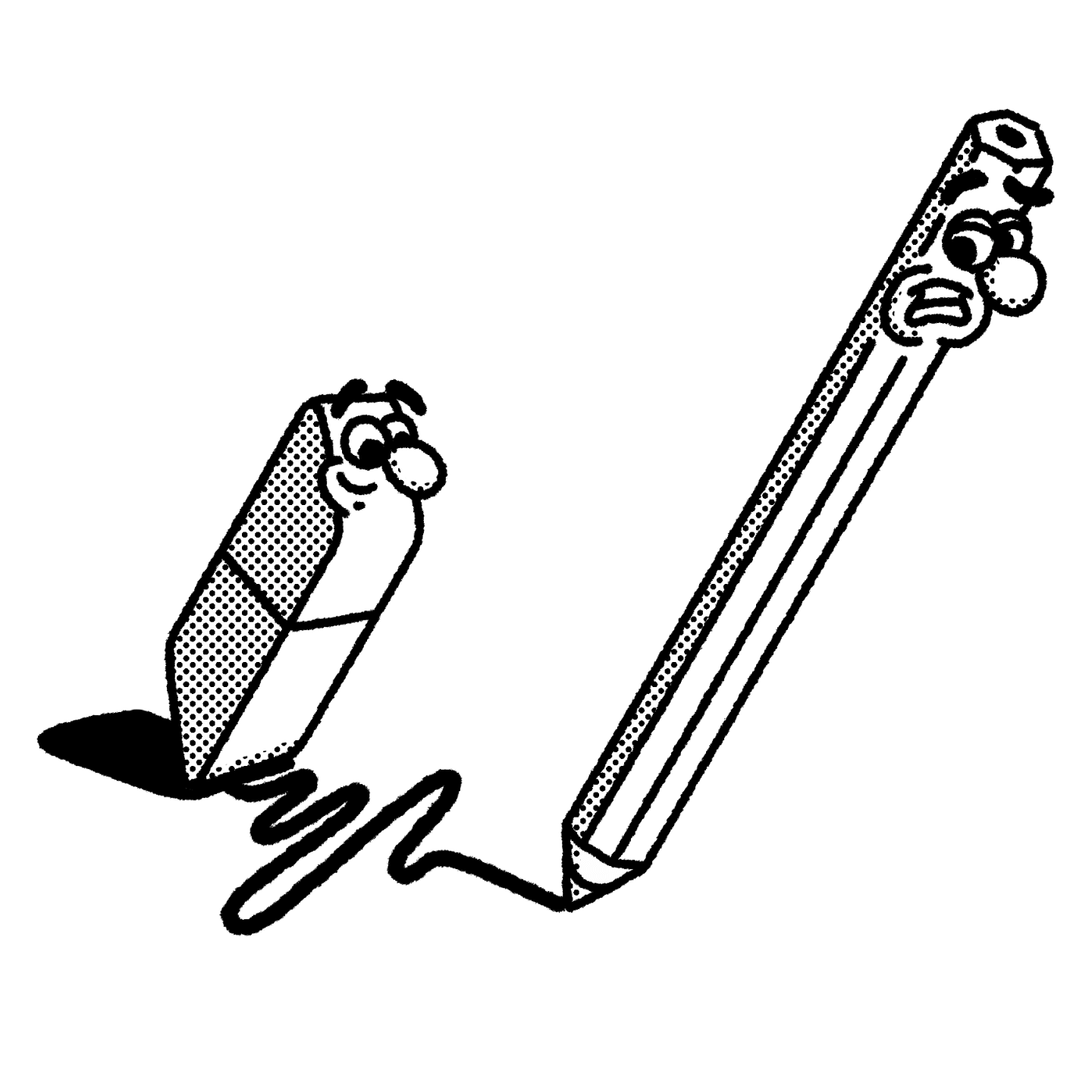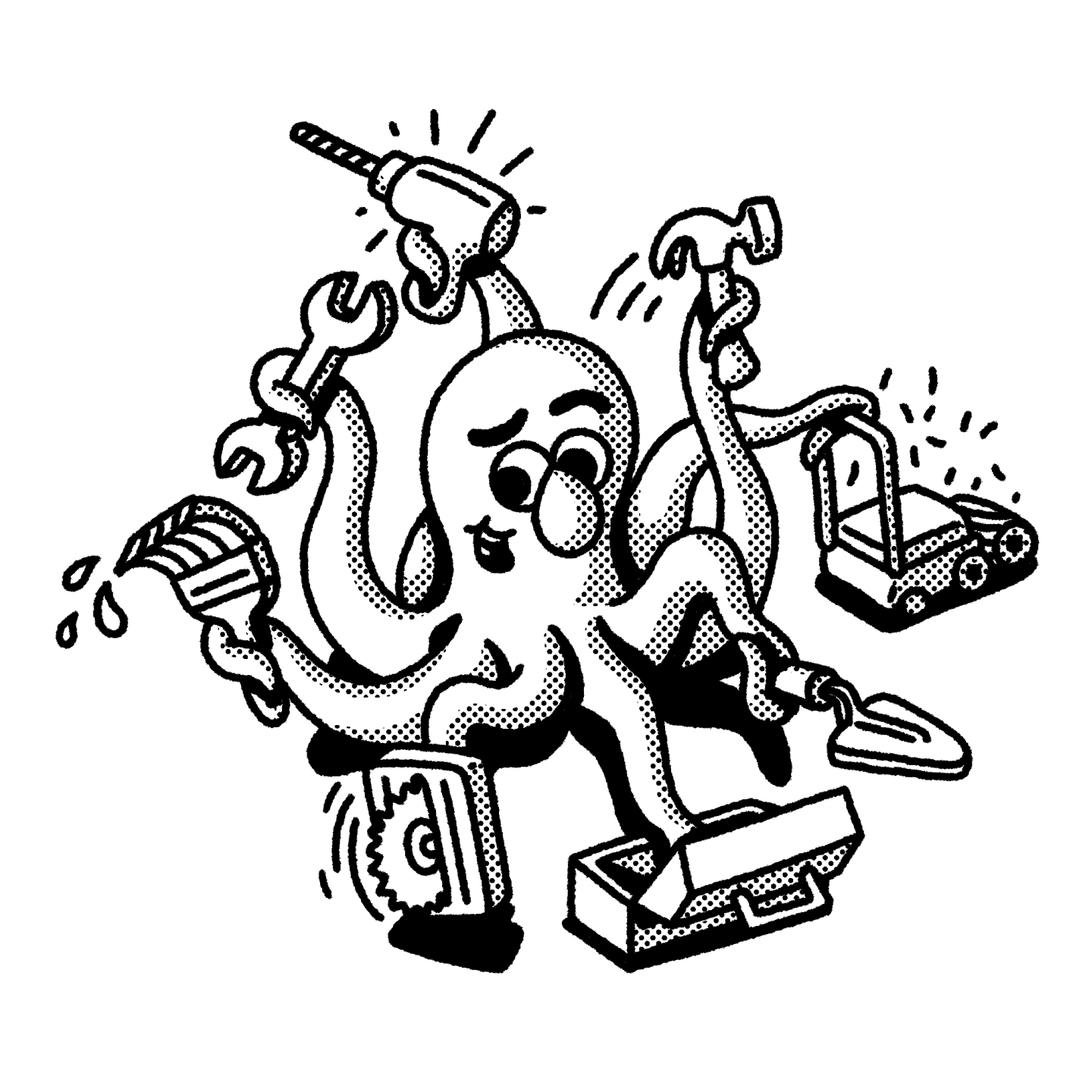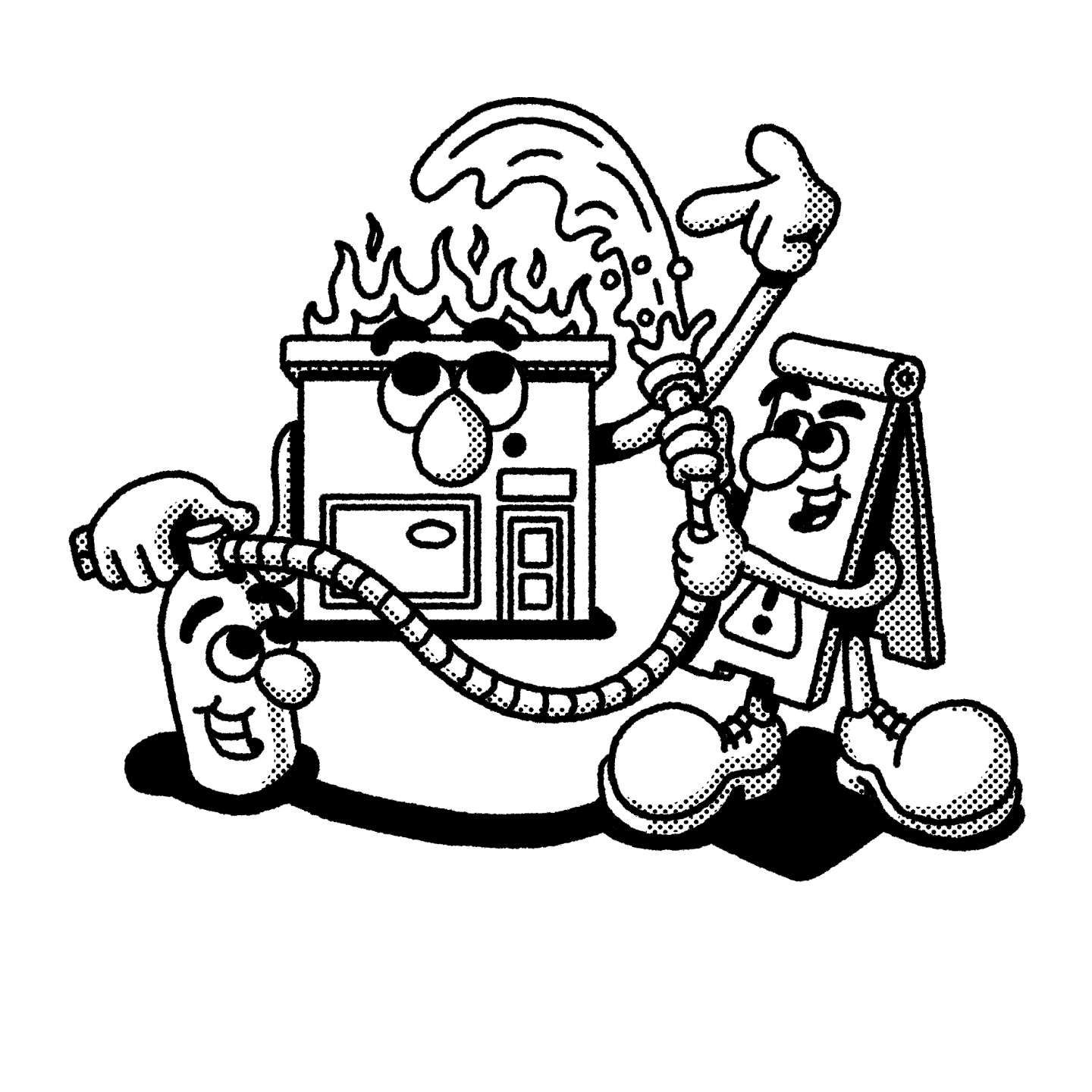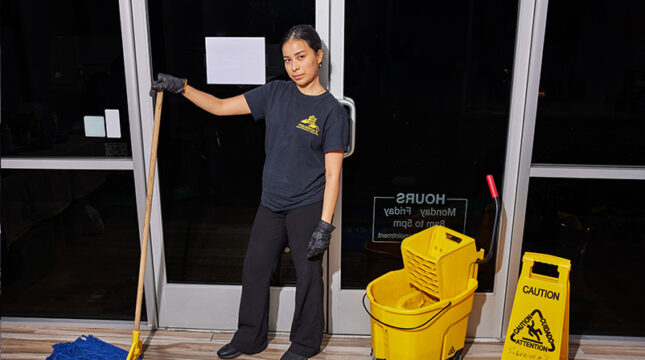Why do businesses need hold harmless agreements?
A hold harmless agreement is often added by a business when whatever they’re contracting for involves risks they do not want to be responsible for, legally or financially.
This agreement protects the business owners from being sued when someone suffers property damage, bodily injury, or financial loss while a service is being provided. This protection or extra security from a financial burden is called indemnification, and the hold harmless agreement is a release of liability.
Hold harm agreements can be added to small business insurance coverage to protect their business and additional insured from lawsuits.
How is a hold harmless agreement used?
One of the most common uses of a hold harmless agreement is when you knowingly participate in a dangerous or high-risk activities.
For example, if you decide you want to skydive, the skydiving company will probably have you sign a waiver with a hold harmless agreement. Why? Because you know the risks of going into skydiving, and the hold harmless agreement makes it so you can’t sue the company should you meet disaster head-on.
For small businesses, a hold harmless agreement is often a way of dictating who is responsible for insurance in case of an accident.
Imagine you’re a general contractor, and you hire an electrician to work on a construction project. If the electrician were to accidentally electrocute themselves on the job, you would be responsible for their medical expenses — unless you included a hold harmless agreement in their contract. While this situation may spark controversy, at the very least, the subcontractor would be responsible for their own hospital bills.
If you’re someone who works under contract frequently, it’s important to know when you’re working with a hold harmless agreement in place. If you are, it’s worth looking into contractual liability insurance policy, which covers you during contract work in ways general liability and professional liability do not.
Businesses also use hold harmless agreements as protection if they often travel and work at third-party sites. The real estate and construction industry commonly use these type of agreements because damage or injuries can happen on-site.
For example, a realtor or property owner might ask a client to sign a waiver of liability before viewing a property. This agreement ensures the client can’t sue if they get injured during a property tour (especially if the injury was due to their own negligence.)
Both sides of a hold harmless agreement
As a small business owner, you shouldn’t hesitate to include a hold harmless agreement in business contracts for work you need done. Likewise, you shouldn’t be afraid to sign contracts that include one.
A hold harmless agreement is a standard tool businesses use to minimize their risk and lower their liability. You might think of it as “passing the buck,” but it’s a smart way to reduce expenses and allow you to focus on your business instead of worrying about potential lawsuits.
That said, a hold harmless agreement isn’t a get-out-of-jail-free card. They are generally binding and legally enforceable, as long as they are specific. Hold harmless agreements that are vague in their language or overly broad in scope may not be honored, leaving you open to lawsuits and liability.
Additionally, you can’t be forced or tricked into signing a hold harmless agreement. If you feel you were, the agreement could be voided.
Like every other part of a contract, a hold harmless agreement is simply part of the agreed-upon terms of doing business. By understanding how they work, you can lower your risks or ensure you have proper insurance coverage, no matter which side of the agreement you find yourself on.
How NEXT keeps you covered
Understanding how your coverage works and knowing when you’re covered is almost as important as having it in the first place. That’s why NEXT, makes it easy to update your business insurance with 24/7 access so you can manage your coverage on your time.
You can start a quote, customize your options and access your certificate of insurance online immediately — in about 10 minutes.
Start your instant quote today.













